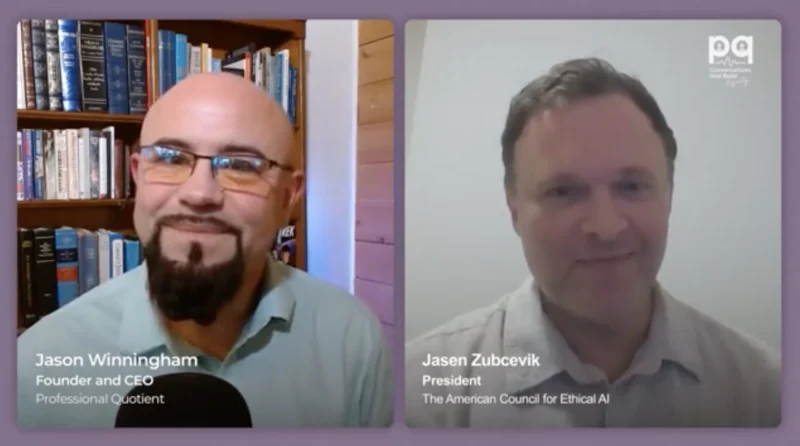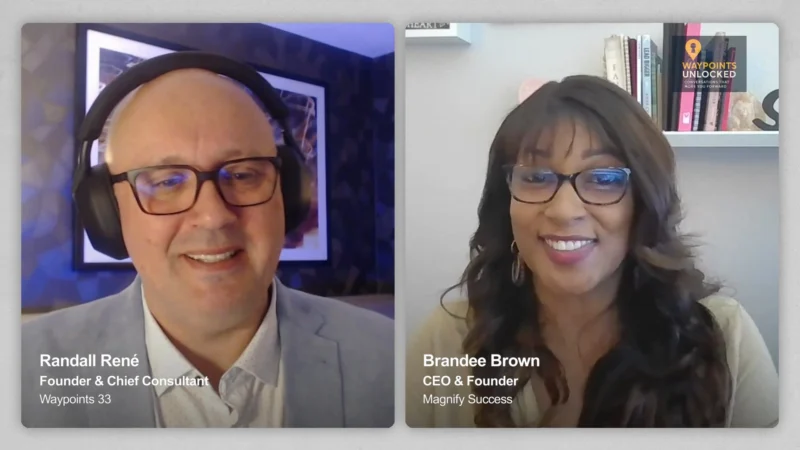The Rural Digital Opportunity Fund (RDOF) and the Future of Broadband with Chris Thome
The Rural Digital Opportunity Fund, or RDOF, is a $20.4 billion FCC fund to help bridge the digital divide to deploy broadband networks across rural America. Chris Thome, V.P. of Business Development, Rhino Marking & Protection Services, lent his expertise on the subject to shed more light on what RDOF means for rural communities and when people might begin seeing improvements to broadband access.
RDOF launched in 2020 with the first round of funding already allocated. The goal is to get rural America connected by 2030, so those companies whose bids were accepted have a time limit to complete their broadband projects. “In the next 6-8 years, we are going to see a lot of work going on in rural America to get everyone connected,” Thome said.
With so much activity planned in the next decade, Thome noted that allocating the proper materials and resources is a must. The real winners will be the companies getting out in front of their needs by planning appropriately. Those needs include labor, fiber, duct, markers, and marking products.
And why is having access to needed supplies so important? Thome mentioned that much of the work expected to get rural areas the broadband access they need will come from tier 3 operators who don’t always have access to the same resources as tier 1 operators. They often rely on outside consulting engineers to help them achieve their goals. “We’ve been working with those consulting engineers to try and help them understand when you’re designing these systems for these small, rural operators; there are the things you need to have in place,” Thome said. With collaboration and cooperation from all involved, rural areas will soon experience high-speed internet access like everyone else.




